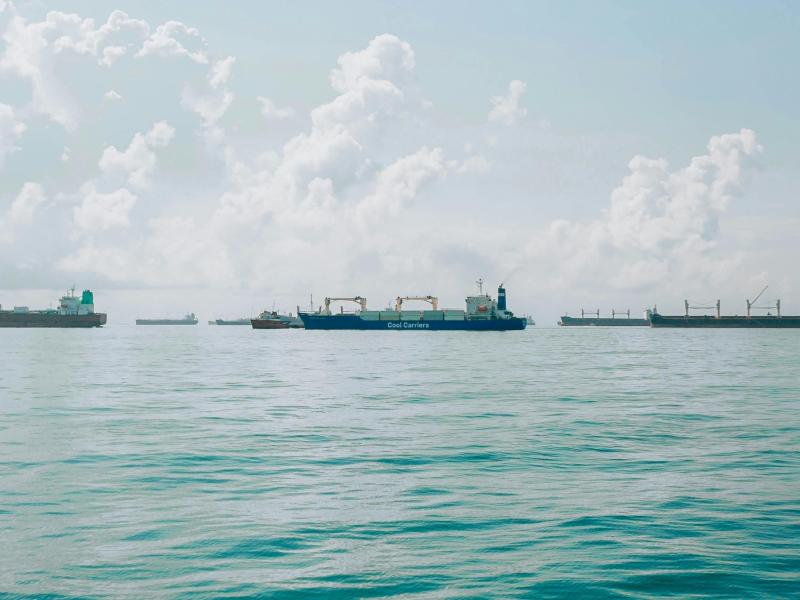Cabotage is in place in some form in 47 countries. It is the system of reserving a nation's domestic maritime commerce for its own citizens to ensure the retention of skilled workers and decent jobs for the future of the industry.
But it is under threat from trade talks aimed at liberalisation, such as TTIP (Transatlantic Trade and Investment Partnership), TISA (Trade in Services Agreement), CETA (Comprehensive Economic and Trade Agreement) and TPP (Trans-Pacific Partnership).
The task force, which met in Washington DC, USA on 27-28 October, consists of eight affiliates alongside key ITF maritime representatives. Participants discussed the most recent cabotage developments around the world and welcomed the input of trade and legal advisers.
They agreed to identify affiliated maritime unions in countries that are developing cabotage or who are fighting off national attacks to the system, where the ITF could provide practical support and tools to strengthen their campaigns. This would include sharing information about cabotage policies and restrictions around the world.
Dave Heindel, chair of the ITF seafarers' section and secretary-treasurer of the SIU (Seafarers International Union) in the United States, chaired the meeting: “Cabotage is under attack from shipowners and their allies, who are chasing big profits at the expense of national jobs. We’re not against free trade. We’re pro fair trade.
“We will fight threats to national cabotage in whatever form that is necessary to protect the interests of retaining maritime skills, providing decent jobs for workers in their national waters, supporting coastal communities and to preserve our national security.”
Included on the task force are unions representing the USA, Norway, Nigeria, Canada, Brazil, Australia, Greece and the Philippines. Discussions are underway to include additional affiliates from labour supply countries.
James Given, SIU Canada, was elected chair of the task force.
Find out more about the retention of maritime skills. Link to http://goo.gl/hzqkgE



